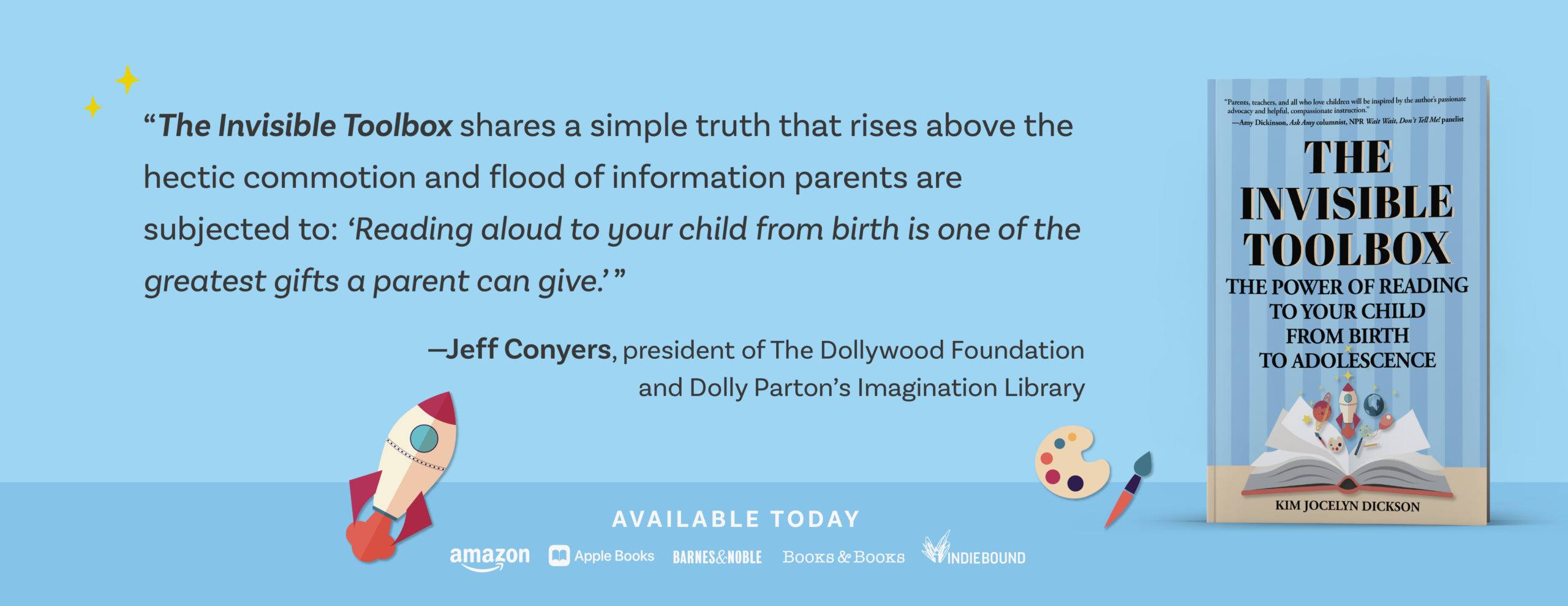God bless teachers.
From what I read online, teachers and literacy tutors and interventionists are working incredibly hard to build the content knowledge required to help their students improve their reading comprehension.
It’s one thing to learn to decode the words, but quite another to understand them.
Vocabulary and background knowledge are the foundation for comprehension.
Trust me, this is a heavy lift for teachers. It’s probably the most challenging aspect of teaching reading.
Why?
Because it’s a big wide world out there and there are a lot of words.
The more a child has been exposed to in terms of language, stories, and ideas when they come to school, the greater will be their ability to understand what they read when they are taught.
The most expedient way to help our children arrive at school “comprehension ready” is to read to them regularly from the beginning.
When we do this we inspire their curiosity which makes them hungry to know more about the big wide world and all the words.
And it makes reading comprehension a breeze. It really does.




